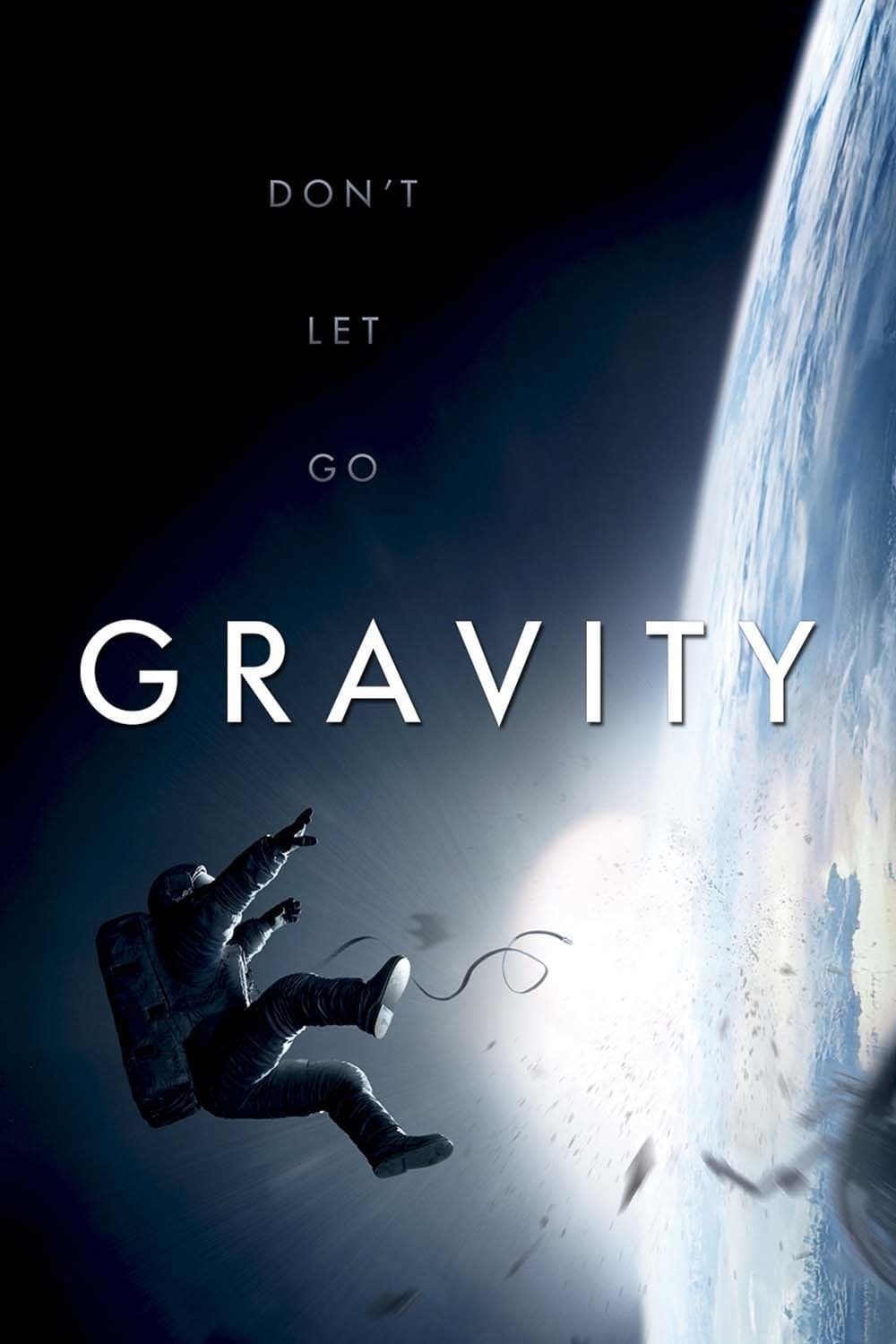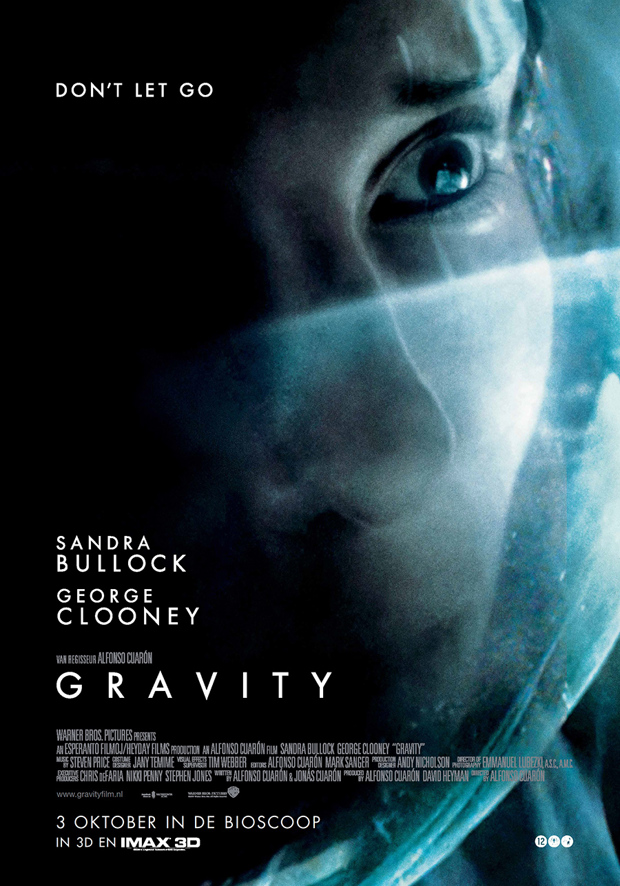


This is a perfect metaphor for the human condition, that we want to see more than we can, that we want to extend our view of reality. In the movie, the astronauts had to go out to fix the Hubble Space Telescope so that it could see farther. Both space and the depths of the Earth itself are our current frontiers. We are an exploring species we love to go beyond the known. Despite the anxious narrative pace, Gravity is a celebration of life, of its fragility, of how important it is for us to protect it, a theme we often come back to here at 13.7. It's good to remember this: the Earth has been around for 4.6 billion years, and life here for some 3.5 billion, while humans have been plodding around for only about 200,000 years.

It's clear that we need the Earth to survive but the Earth would be just fine, if not much better, without us. There is an obvious connection between us and Earth that illustrates our dependence on our home planet. It also shows the enormity of space and the terror of getting lost in its endless darkness. The Earth is bio-friendly, not the cosmos. But that's a far cry from a bio-friendly universe. You may argue that life should be around given the vastness of the cosmos and the sheer number of exoplanets.

Just take a good look around our own solar system. To say the universe is conducive to life is borderline preposterous. If we manage to survive beyond the Earth, it's due to our inventiveness and drive. But when something goes wrong, and a lot goes wrong in this movie, the profound beauty of the experience, deeply inspiring at many levels, quickly turns into a nightmare. Without spoiling it for those who haven't seen it yet (really?), space survival may seem easy when your life support and transport technology are working.
GRAVITY 2013 MOVIE
If the movie carries a clear message, it is that the universe is hostile to life. If the Earth were an apple, the atmosphere would be much thinner than its skin, a layer of some 30 miles that ensures our survival below. Life out there is impossible, as the movie's opening lines make clear. How could we possibly confirm such cosmic intention? What sorts of tests and observations could lead us to agree that, indeed, the universe created us with a purpose? Do we really need to be created to be relevant?Īlso, as we see in the movie, to leave the protective blanket of our atmosphere is extremely risky. This kind of position is extremely problematic. (Yes, it does sound like a vain God that creates humanity so that He could be admired and loved.) This cosmic teleology goes by different names, including the Strong Anthropic Principle and the Goldilocks Universe, to name a couple. Many scientists talk and write about how the universe is geared for life some even go as far as stating that the universe has a higher purpose, that of engendering intelligent life. Of the many angles that Gravity could be analyzed, today I look at how it pictures, magisterially, the hardship of surviving in outer space or, more broadly, life's fragility outside of its environment. Somehow, Bullock, the medical engineer, is sent on a mission to fix the Hubble Space Telescope. medical engineer on her first space mission and George Clooney as an unflappable veteran astronaut. The movie stars Sandra Bullock as a Ph.D. This weekend I finally caught up with the rest of America's moviegoers and went to see Gravity, the blockbuster directed by Mexico's Alfonso Cuarón, of Harry Potter and Y Tu Mamá También fame. If Gravity carries a clear message, it is that the universe is hostile to life.


 0 kommentar(er)
0 kommentar(er)
